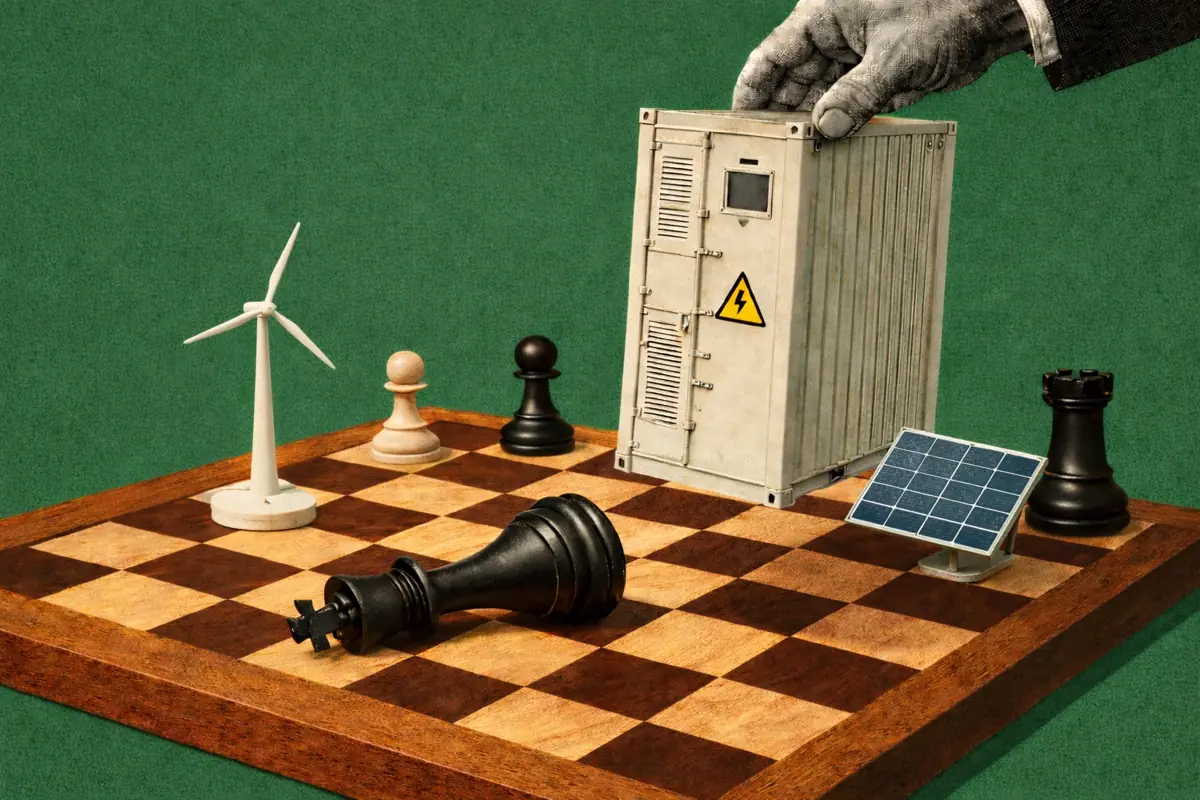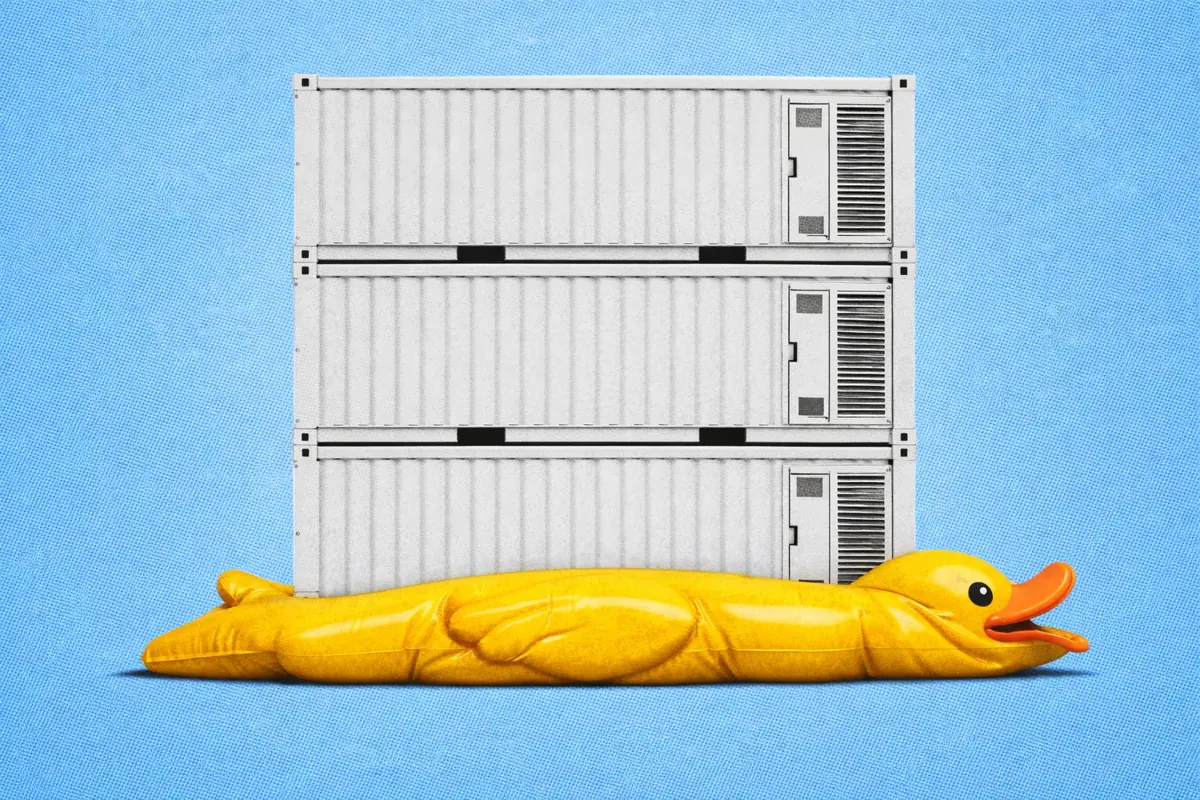Negative power prices: How location impacted battery revenue
So far in April 2024, power prices in Great Britain have been negative for 53 hours. That’s half as many hours of negative pricing as we saw in 2023. So, why has this happened, and how have some batteries earned upwards of an annualized £150k/MW/year on some days?

Why have we had more negative pricing in April?
Increased wind generation coincided with a nuclear power station returning to operations and up to 6.5 GW of solar generation to push prices down.
Over the weekend of April 6th and 7th, low carbon energy generation averaged 25 GW. Schemes such as the CfD subsidize most of this generation. This means these generators run as much as possible even as prices fall to zero or even go negative.
As a result, wholesale power prices fell below £0/MWh for 27 hours this weekend.

Already a subscriber?
Log in







